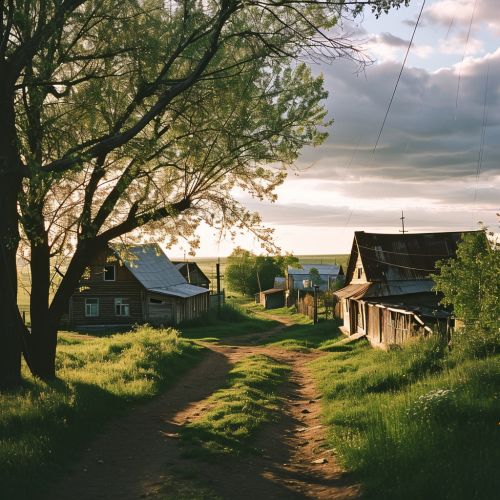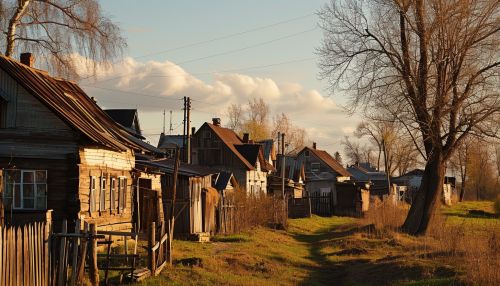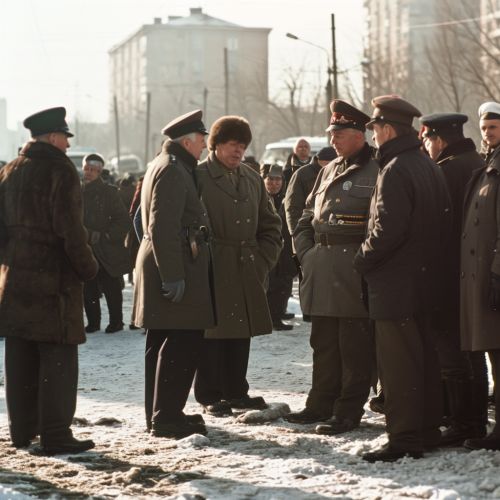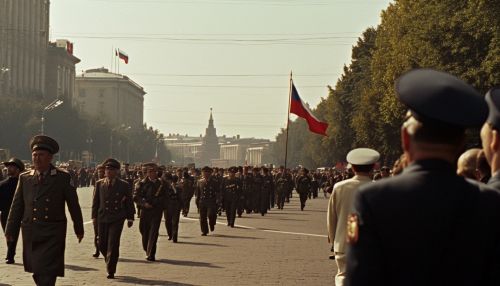Boris Yeltsin
Early Life
Boris Nikolayevich Yeltsin was born on February 1, 1931, in the village of Butka, in the Sverdlovsk region of the Russian Soviet Federative Socialist Republic. He was the eldest of three children in a peasant family. His father, Nikolai Yeltsin, was convicted of anti-Soviet agitation in 1934 and sentenced to hard labor in a gulag for three years. This early hardship had a profound impact on Yeltsin's life and political career.


Education and Early Career
Yeltsin graduated from the Ural State Technical University in 1955 with a degree in construction, and began working in the construction industry in Sverdlovsk. He joined the Communist Party of the Soviet Union (CPSU) in 1961, beginning his political career. Yeltsin quickly rose through the ranks of the party, becoming the head of the Sverdlovsk Regional Committee in 1976.
Political Career in the Soviet Union
In 1985, Yeltsin was appointed the head of the Moscow city committee of the CPSU, and a year later, he became a candidate member of the Politburo. However, his outspoken criticism of the party's leadership and his advocacy for radical reforms led to his dismissal from the Politburo in 1987. Despite this setback, Yeltsin remained a popular figure among the Russian public due to his criticism of the Soviet regime.
Presidency
In 1991, Yeltsin was elected as the first President of the Russian Federation, following the dissolution of the Soviet Union. His presidency was marked by significant political and economic changes, including the implementation of a market economy and the adoption of a new constitution. However, these reforms also led to a severe economic crisis, characterized by hyperinflation and a sharp increase in poverty.


Later Life and Death
Yeltsin resigned from the presidency on December 31, 1999, and was succeeded by Vladimir Putin. After his resignation, Yeltsin largely withdrew from public life, although he occasionally made public appearances and comments on Russian politics. Yeltsin died of heart failure on April 23, 2007, at the age of 76.
Legacy
Yeltsin's legacy is complex and controversial. While he is credited with overseeing Russia's transition from a socialist state to a market economy and a multi-party democracy, his presidency was also marked by economic hardship, political instability, and allegations of corruption. Despite these controversies, Yeltsin remains a significant figure in Russian history.
